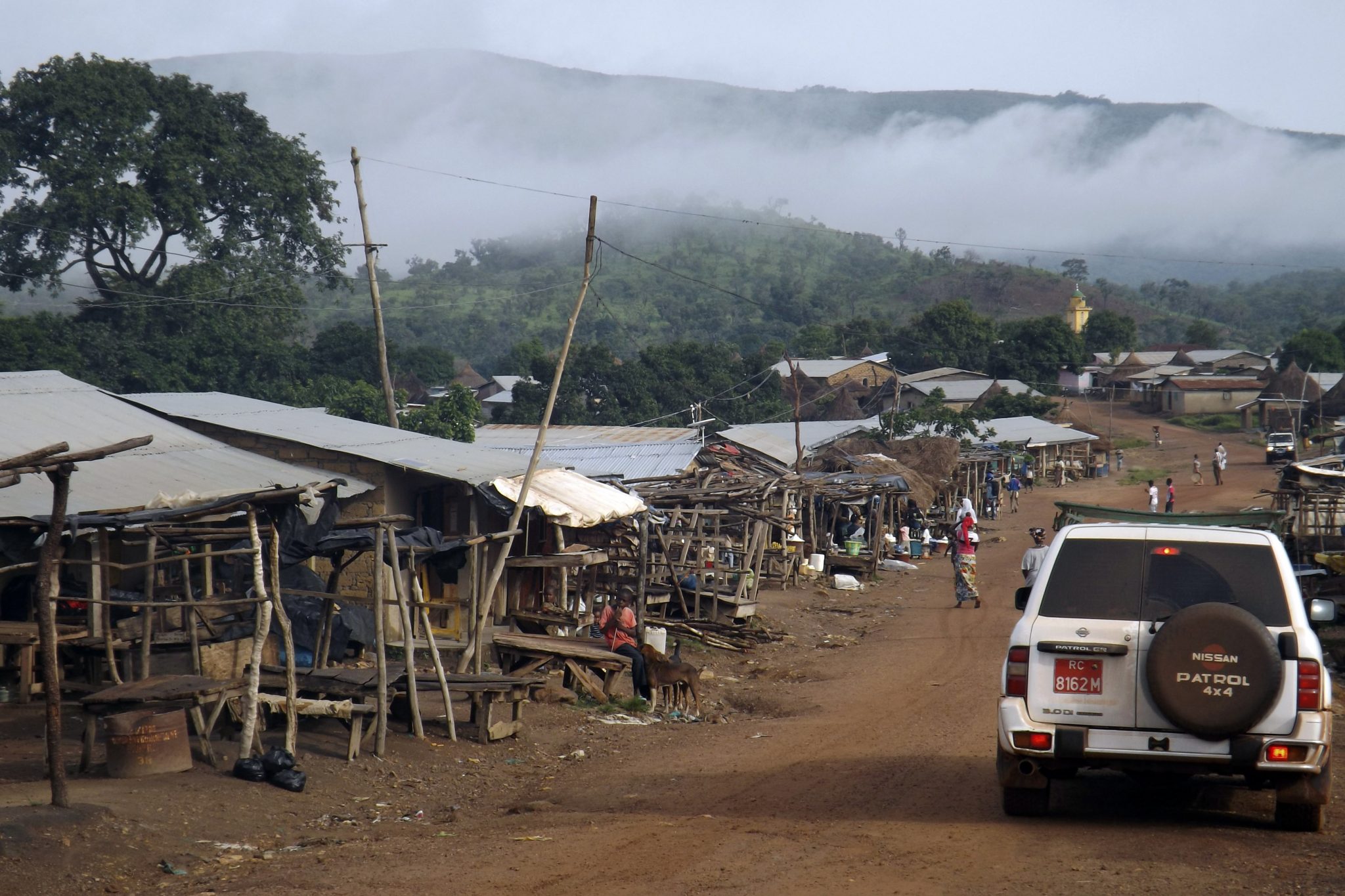[ad_1]
Authors: Luke Hurst, Lydekker and Peter Cai, Lowy Institute
In September 2021, Alpha Cond̩ Рthe octogenarian president of Guinea Рwas overthrown by the special forces he created. This is the latest episode of political instability in the West African state with not only rich resources but also a history of military coups.
A spokesman for the Chinese Foreign Ministry, in an unusual gesture, spoke out against the military coup and called for the immediate release of the former president. This is a departure from the cardinal diktat of Beijing’s foreign policy of non-interference in the internal affairs of other countries.
China has a big stake in the country. Guinea is China’s largest supplier of bauxite, a key raw material for the aluminum industry. But perhaps more importantly, Guinea is home to the world’s largest untapped iron ore deposit, Simandou.
With estimated reserves of 2.4 billion tonnes of high-grade iron ore, Simandou is widely regarded as China’s best hope of reducing its dependence on Australia, which is by far the most major supplier of iron ore to the country. Beijing’s relationship with Canberra has sank to new lows over the past two years on a series of bitter South China Sea disputes over the decision to exclude Huawei from Australia’s 5G network.
Guinea was mentioned as an option for China to develop a large-scale iron ore mine in its five-year plan for the steel industry released by the Ministry of Information Technology and Industry in early 2021. This is a key element of China’s strategy to achieve a higher degree of resource security.
Two Chinese companies already hold strategic stakes in the Simandou project: the state-owned Chinaclo and the private company Weiqiao. In 2020, China’s largest steelmaker, Baowu Steel Group, was would have explore the possibility of establishing a $ 6 billion consortium to develop Simandou in partnership with other steelmakers, engineering companies and sovereign wealth funds.
The foreclosure of Alpha Condo could derail Beijing’s ambition to reduce its dependence on Australia for iron ore, highlighting one of Simandou’s biggest risk factors: political instability in a country ravaged by civil war and tribal conflict.
China is aware of the political risk and is not afraid to disseminate it publicly. China Geological Survey published a report in 2020, highlighting the Guinean government’s lack of respect for contractual arrangements, political instability and the rise of nationalism of African resources.
The report criticizes industrial relations in the country and cites the increasingly frequent strikes as a “negative” for investment. He concludes by saying that while the benefits of the Simandou project are clear, the risks are also significant, including huge capital expenditure, a long investment cycle and uncertainty. Chinese companies have acquired mining rights, but there is great uncertainty about the profitability of the project. The report notes that “Chinese companies will face significant challenges during the implementation and operation stages of this project.”
The Chinese government’s geological services are also warning against the Guinean government’s desire to extract up to $ 15.5 billion in taxes. A non-Chinese mining executive who was heavily involved in the early development of the Simandou project noted: “The biggest [issue] is that Simandou is a jewel in the national crown and in any country… resources of this magnitude come with very big political strings… it is far more important than anything they have ever had to manage before â€.
Australian miner and Chinalco’s partner in the project, Rio Tinto, understood the risk too well as a victim of Guinea’s past expropriations after winning exclusive development rights in 1997. Today, Rio Tinto’s share in the Simandou project was reduced to 44.05%. .
In Simandou, Beijing faces a huge dilemma. This is a significant opportunity to reduce its dependence on a supplier in whom it no longer trusts. But geography, price fluctuations and political instability also pose significant risks.
Despite Beijing’s established ties to Africa, its big checkbook, and its ability to quickly complete massive infrastructure projects, there are things that even the Chinese Communist Party finds beyond its control.
Luke Hurst is Managing Director of Lydekker, an Asian strategy and market consultancy based in Australia.
Peter Cai is a researcher and director of China-Australia relations at the Lowy Institute.
[ad_2]

